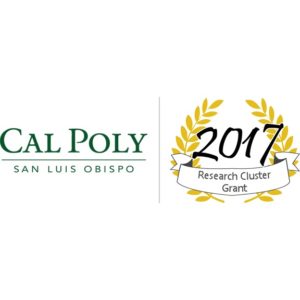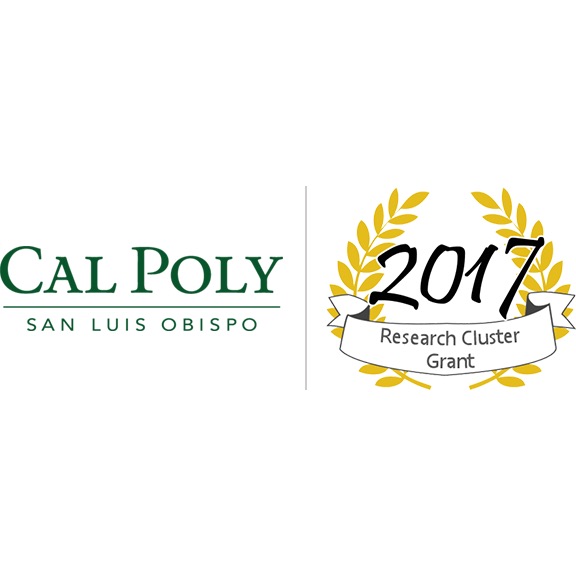 Today Silicon Mechanics announced that California Polytechnic State University is the recipient of its sixth annual Research Cluster Grant. As a result of its successful application, Cal Poly will receive a High-Performance Computing cluster with the latest high-performance processing, networking, storage and GPU technologies, valued at over $130,000 for use in demonstrated research and educational purposes going forward.
Today Silicon Mechanics announced that California Polytechnic State University is the recipient of its sixth annual Research Cluster Grant. As a result of its successful application, Cal Poly will receive a High-Performance Computing cluster with the latest high-performance processing, networking, storage and GPU technologies, valued at over $130,000 for use in demonstrated research and educational purposes going forward.
We are very excited, because this is a solution we can implement immediately,” said Graham Doig, assistant professor of aerospace engineering at Cal Poly and the lead investigator on the grant proposal. “The cluster, first of all, will do so much for our students from a research perspective. Ultimately, however, it is going to break down some of the computing silos that exist interdepartmentally and bring the university’s departments together.”
Since 2012, when Silicon Mechanics initiated the RCG, the program has extended its reach considerably. With its manufacturing partners, Silicon Mechanics has provided over $700,000 worth of much needed technology advancements to universities and institutions where access to important research funding to acquire high-performance computing technology has been inconsistent in recent years. While federal funding for education research saw a modest increase in 2016, it had fallen by over 13% from 2011 — 2015, the longest multi-year decline in federal funding for academic research since 1972.
“Silicon Mechanics and our technology partners take great pride in supporting the RCG program as an avenue to drastically alter the path for research and education curriculum advancements at institutions of higher education. In the case of Cal Poly, this award will bring forth the first dedicated cluster on campus,” said Sue Lewis, Silicon Mechanics’ Chief Marketing Officer. “We are excited to see the cluster deployment in action and the positive impacts for Cal Poly student-involved research, hands-on coursework, and project-based co-curricular experiences in applied engineering.”
At Cal Poly, the HPC cluster will be used to provide students the necessary tools to engage with real world applications that will ultimately help them integrate into the workforce upon graduation and allow graduate-level students to conduct research previously not possible. The areas of research the cluster will enhance or enable at Cal Poly are vast, from computational fluid dynamics to fire dynamics to deep visual learning and cyber security. It will also allow Cal Poly to collaborate with others in the California State University system on research projects.
Previous RCG awardees include both the University of New Orleans and the University of California, Merced last year, Dordt College and City College of New York (CCNY) in 2015, Wayne State University in 2014, Tufts University in 2013 and Saint Louis University in 2012. Silicon Mechanics’ partners that have donated product to this year’s grant include Intel, NVIDIA, Mellanox, Supermicro, Micron, Broadcom Limited, Seagate, SanDisk, HGST, and Bright Computing.




